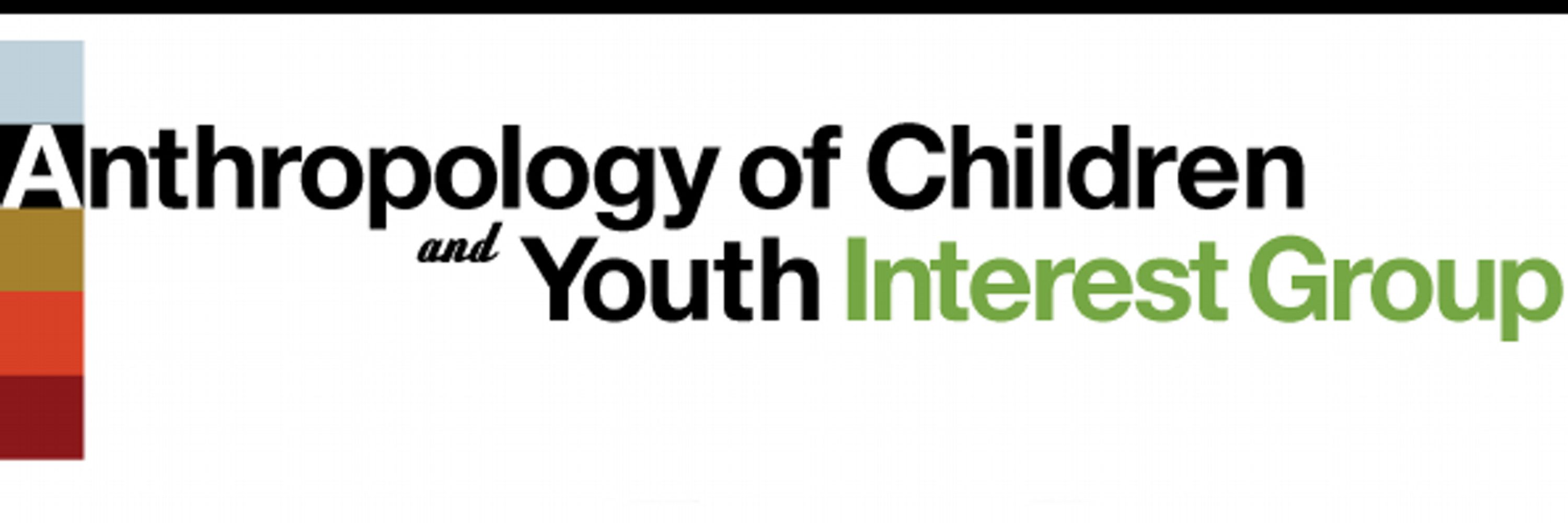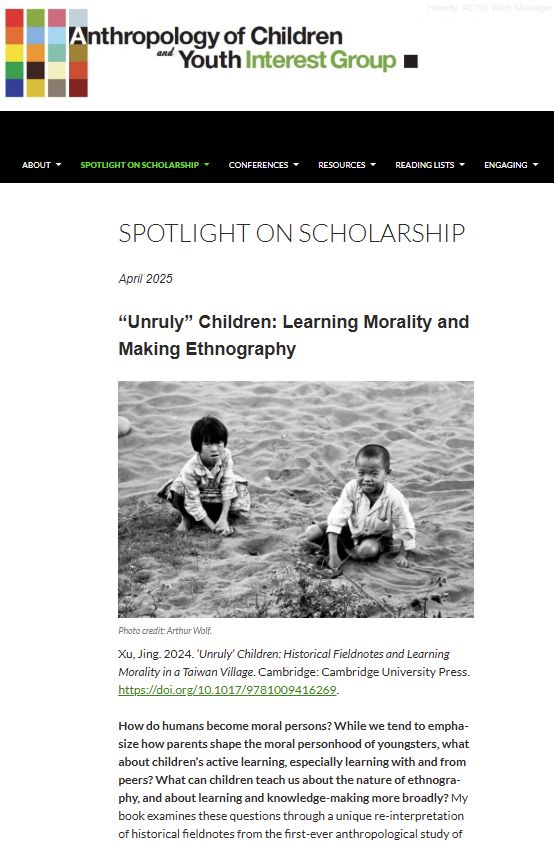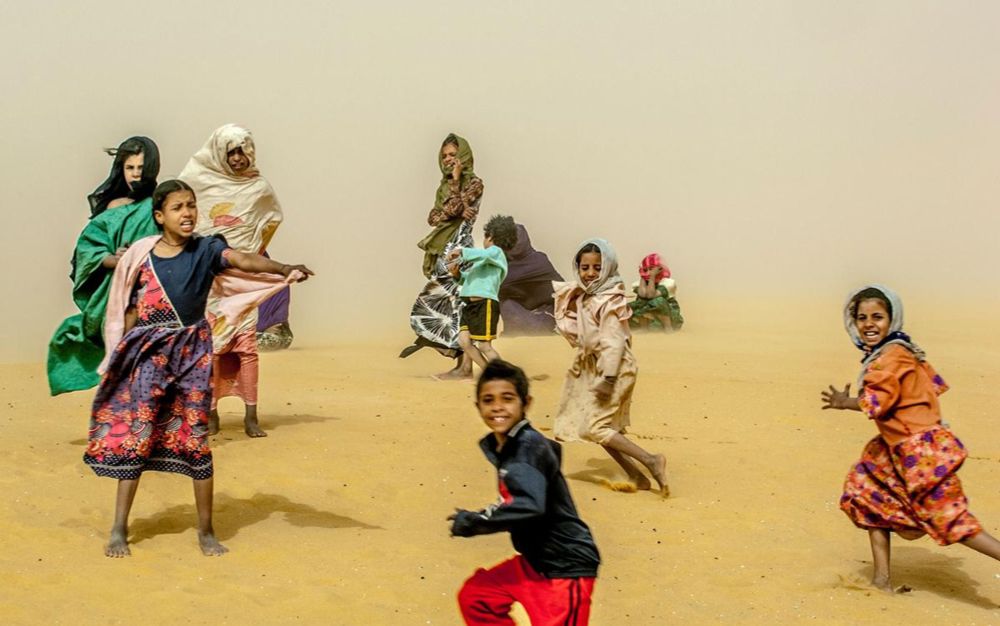Anthropology of Children and Youth Interest Group
@acyig.bsky.social
230 followers
330 following
19 posts
Anthropology of Childhood and Youth Special Interest Group of the American Anthropological Association
acyig.americananthro.org
Posts
Media
Videos
Starter Packs
Reposted by Anthropology of Children and Youth Interest Group
Reposted by Anthropology of Children and Youth Interest Group
Reposted by Anthropology of Children and Youth Interest Group
Reposted by Anthropology of Children and Youth Interest Group
AMECYS
@amecys.bsky.social
· Jan 8
Reposted by Anthropology of Children and Youth Interest Group
Rebecca Sear
@rebeccasear.bsky.social
· Dec 14

The male breadwinner nuclear family is not the ‘traditional’ human family, and promotion of this myth may have adverse health consequences | Philosophical Transactions of the Royal Society B: Biologic...
The importance of social support for parental and child health and wellbeing is not
yet sufficiently widely recognized. The widespread myth in Western contexts that the
male breadwinner–female homemak...
royalsocietypublishing.org









![Table of Contents
Editor’s Corner ............................................................................................................................. 4
EDITORIAL: PLAYING THE GAME: AN ANTHROPOLOGICAL EXPLORATION
OF YOUTH, SPORT, AND PLAY
Chelsea Cutright (Meredith College)
ACYIG ADVISORY BOARD UPDATE
Ida Fadzillah Leggett, PhD (Middle Tennessee State University)
THE CONNECTIONS BETWEEN ANTHROPOLOGY AND SPORT (FOR
DEVELOPMENT)
Shamira Naidu-Young (Durham University)
Original Research Articles......................................................................................................... 13
BEYOND VIOLENCE AND STRESS: HOW FOOTBALL PROVIDES A SAFE(R)
SPACE FOR YOUNG MEN IN JAMAICA
Julia Faulhaber (University of Tübingen)
YOUNG PEOPLE, STUDENTS, AND ATHLETES: COMPETITION REDEFINED IN
CONTEXTS OF INTENSIFIED SCHOOLING IN SPORTS
Sebastián Fuentes, PhD
Franco Balaguer, MA (Faculty of Philosophy and Humanities, FFyH, National University of
Córdoba, UNC, Argentina)
CHILDREN’S SPORTING LIFE IN CONTEMPORARY MAASAI SOCIETY............ 39
Xiaojie Tian (Institute of Health and Sport Sciences, University of Tsukuba)
“NEVER SEEN A BOY WHO CAN’T PLAY”: GENDER, POWER, AND
SOCIABILITY IN CHECKERS GAMES
Fernanda Müller (Federal University of the State of Rio de Janeiro [UNIRIO])
Rafaela Nunes Marques (Catholic University of Brasília [UCB])
PLAYING WITH STONES: SOCIAL CHANGE, MOBILITY, AND MORALITY
AMONG THE SCHOOLGIRLS OF HIGHLAND MADAGASCAR
Valentina Mutti, PhD (University of Milan)
CREOLIZATION AT PLAY: IDENTITY, JOY, AND THE REMIXING OF
STATIANNESS AT THE CHRISTMAS PARADE IN SINT EUSTATIUS
Nicole Sanches (Utrecht University)](https://cdn.bsky.app/img/feed_thumbnail/plain/did:plc:p7mrbx53bqskunsqo47joupj/bafkreigclnkp7t3duixe4xyk4xgtnhwohrmnbnmdhzq5qmbl75xtslh6fe@jpeg)










